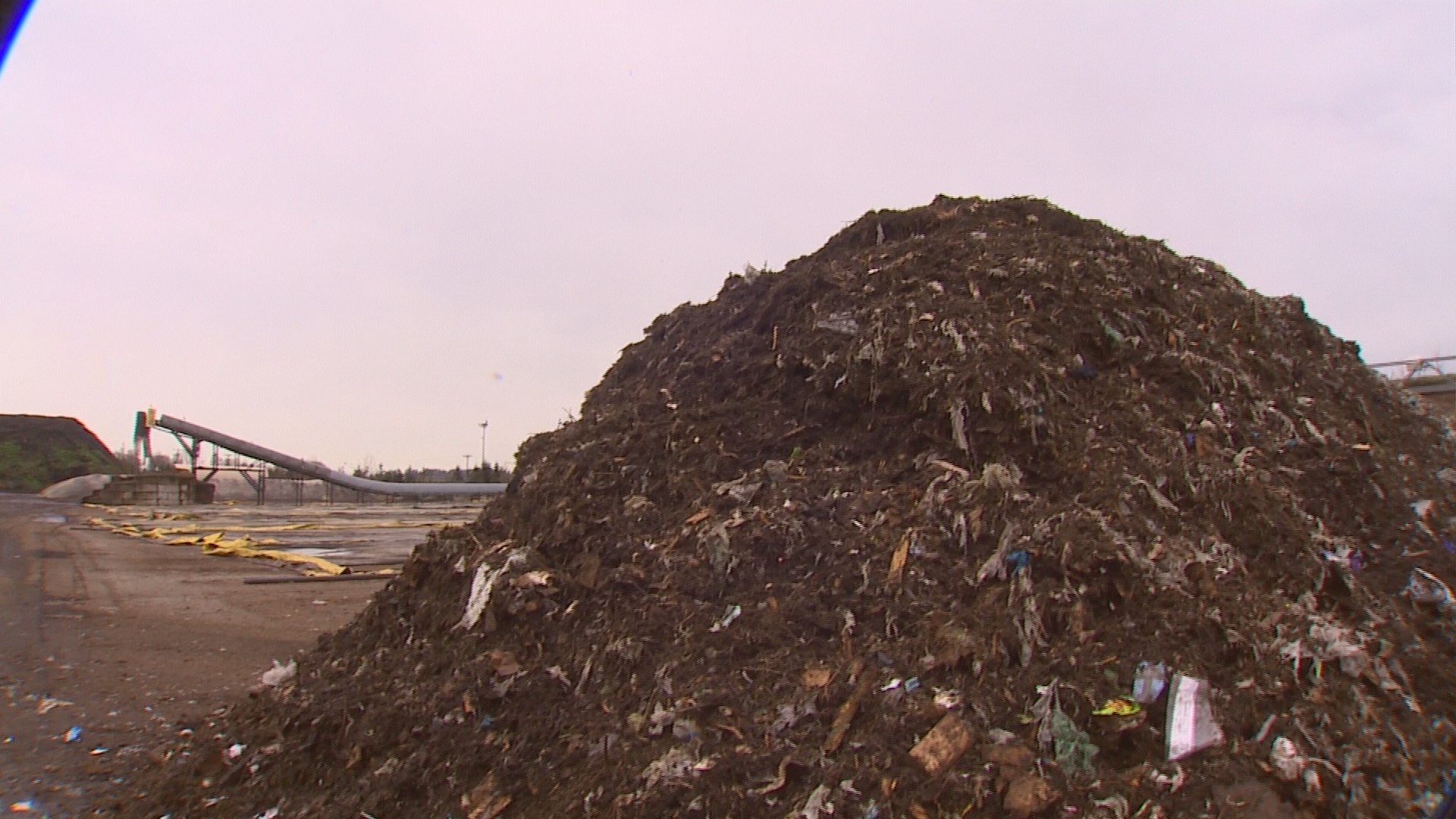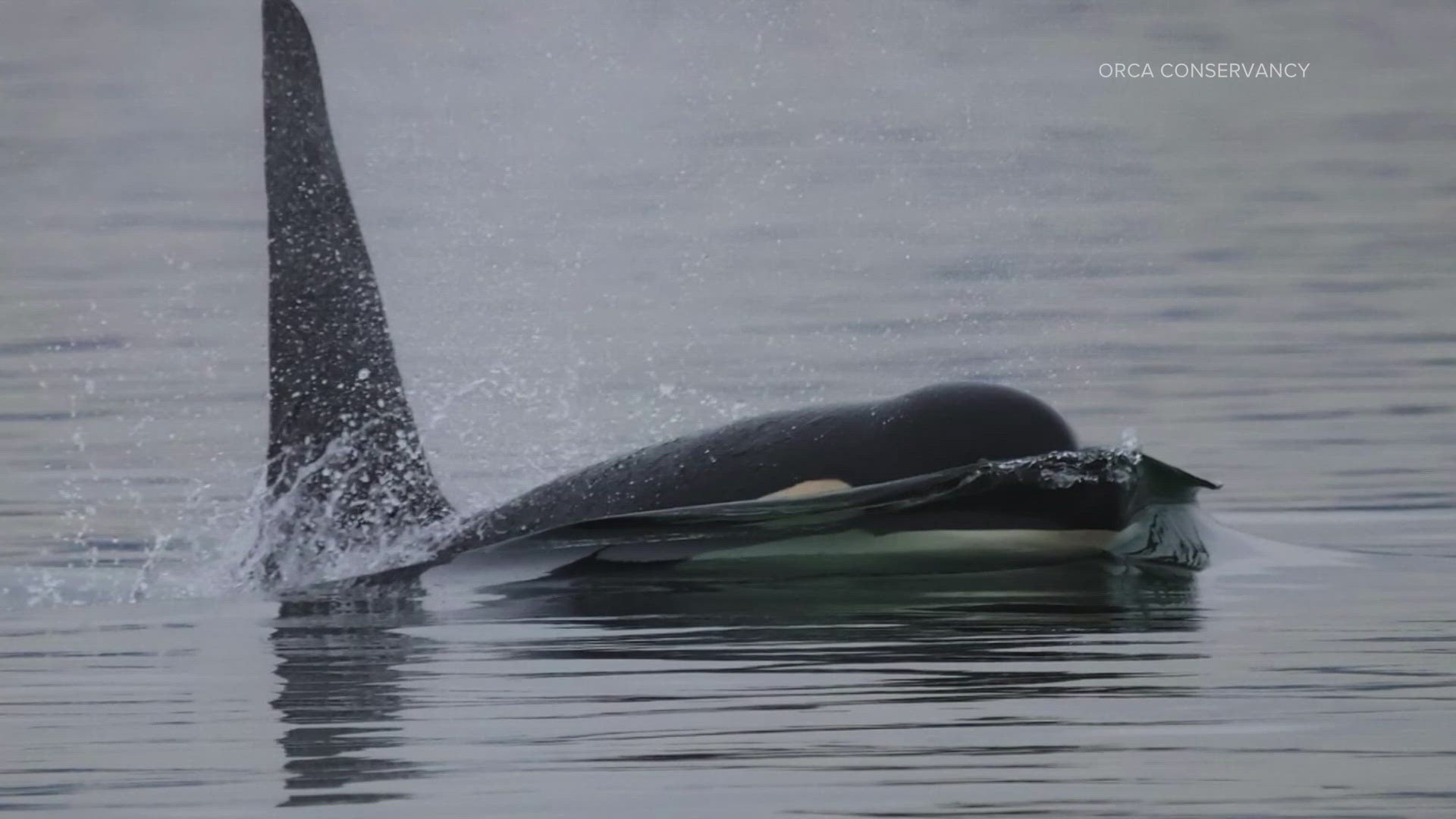Composted food and yard waste is going to help fish in King County.
In honor of the 8th annual "Compost Days," the campaign run by Cedar Grove to thank residents for composting waste, the organization will contribute a truckload of compost to an agriculture buffer project at Carnation Farm.
Agriculture buffers are a natural solution to loss of fish and wildlife habitat, loss of farmland, and increasingly polluted waterways throughout the Snoqualmie Watershed, according to spokesperson Karen Dawson.
"Compost plays a significant role in erosion control and salmon protection, and we are excited to put our compost and employees to work on the banks of the Snoqualmie River, a river that runs through some of the most gorgeous farmland in the Pacific Northwest," she said.
King County residents are composting more than ever before, diverting more than 350,000 tons of food, food-soiled paper, and yard debris from landfills in 2016.
Cedar Grove is always looking for new markets to move the compost. Salmon habitat restoration not only helps fish, but also helps maintain composting as a viable option for waste disposal.
"Recycling only works when people buy the end product. So whether you're recycling paper but not buying recycled paper or you're recycling your curbside but not using compost in your garden, we really do need that end market," Dawson said.
The public is invited to the event on March 18 at Carnation Farms. The address is 28908 NE Carnation Farm Rd, Carnation, WA 98014.


